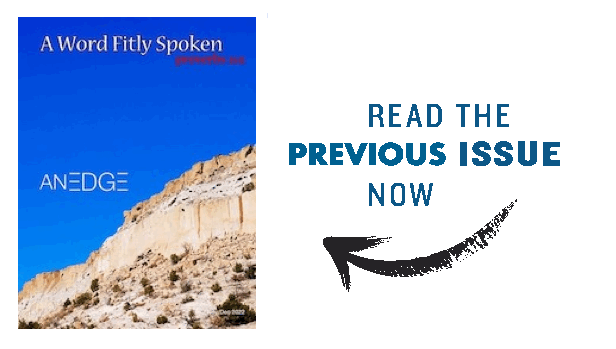 Getty Images
Getty Images
STANFORD UNIVERSITY ADDS 'AMERICAN' TO ITS LIST OF 'HARMFUL LANGUAGE'
BY: CP STAFFSITE: CHRISTIAN POST
TRENDING
Activism
AI
Belief
Big Pharma
Conspiracy
Cult
Culture
Economy
Education
Entertainment
Environment
Faith
Global
Government
Health
Hi Tech
Leadership
Politics
Prophecy
Science
Security
Social Climate
Universe
War
7 other times institutions attempted to strip words, pronouns from English lexicon.
One of the nation’s most prestigious academic institutions is urging its students to avoid using the term “American.”
Yet it’s not the first time Stanford or other institutions have altered language policies to reflect the political or cultural climate. Here's a list of seven other times political, religious, educational and government entities have tried to strip certain words or gendered language from our lexicon.
1. Stanford University bans the word American
After launching its Elimination of Harmful Language Initiative (EHLI) in May, Stanford University published a list of “harmful language” that it plans to remove from all Stanford websites and other coding
.As a substitute for “American,” students, faculty and staff are urged to use the term “U.S. citizen” to avoid “insinuating that the U.S. is the most important country in the Americas."
2.Stanford University orders faculty to use gender-specific pronouns
In 2016, the elite California university faced controversy after it ordered faculty at a computer science workshop to use "they" and "their/them" as a singular pronoun.
With the stated goal of creating an “inclusive community,” the guidelines compiled by professor Cynthia Bailey Lee pushed for the revised pronoun use as a “neutral alternative” that works “better than the awkward 'he or she' construction because it also includes genderqueer and nonbinary.”
3.National Archives adds warning alert to the U.S. Constitution
When the U.S. National Archives Records Association (NARA) first introduced a “harmful language” alert on its website for the U.S. Constitution, some conservative commentators were stunned by the move.
Since then, NARA has clarified that the alert is a blanket notice that applies to other historical documents in its database and is “not connected to any specific records.”
4. The Episcopal Church drops gendered pronouns for God
An Episcopal Church resolution in 2018 called upon the denomination's General Convention to "avoid the use of gendered pronouns for God,” with an amended resolution later calling on Episcopalians to “utilize expansive language for God from the rich sources of feminine, masculine, and non-binary imagery for God found in Scripture and tradition and, when possible, to avoid the use of gendered pronouns for God."
Episcopal News Service, the denomination's official mouthpiece,later rebuffed widespread criticism of the move and painted the legislative effort as expansive rather than reductive.
5. City of Portland removes gendered language
Portland, Oregon, took steps in November 2020 to remove gendered language from its city charter in an effort to be more inclusive to members of the LGBT community who might not identify with either gender.
Ted Wheeler, the mayor of Portland, said the effort to remove feminine and masculine terms from the City Charter were intended to “make our documents more inclusive of all gender identities.”
6. Berkeley City Council bans 'man' words
In 2019, the city of Berkeley, California, decided to scrap the word "man" from compound words like "manpower" and "manhole," eliminating "any gender preference language" within the municipal code.
Words like "she" and "he" were replaced with "they," while "manpower" and "manhole" were reportedly altered to "workforce" and "maintenance hole.”
7. Biden administration replaces mothers
The federal government’s budget for fiscal year 2022 budget replaced the word “mother" with “birthing people.”
A former member of the Office of Management and Budget shared a snapshot of the budget request, which highlighted the need to “help end this high rate of maternal mortality and race-based disparities in outcomes among birthing people.”
8. Hospitals in the U.K. ban mother, breastfeeding
In an effort to accommodate transgender language at two U.K. hospitals, midwives were ordered in February 2021 to replace the words “mother” and “breastfeeding” with more “trans-friendly” terms.
“Fathers” also became “birthing parent” as part of Brighton and Sussex University Hospitals NHS Trust's inclusive language policy.
Click 3 Dots Below to View Complete Sidebar



